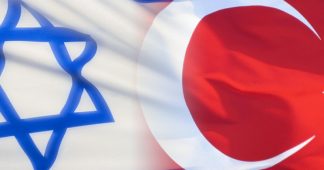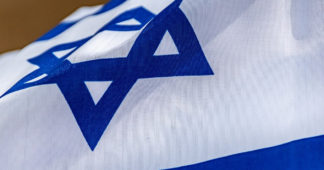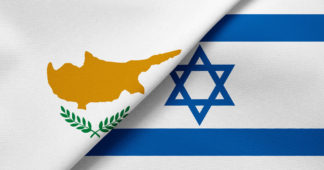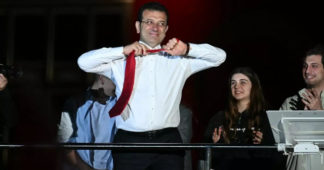Turkish–Israeli trade has persisted via third countries despite the ban on Israeli exports and imports announced by Ankara earlier this year
Aug 9, 2024
Israel’s Defense Ministry has extended a contract with the Turkish-owned Dorad Energy firm, which runs a power plant in the city of Ashkelon, the Jerusalem Post reported on 9 August.
This comes despite Turkish President Recep Tayyip Erdogan’s increased anti-Israel rhetoric and a ban imposed by Ankara on Israeli exports and imports.
Israel has continued to allow funding from its defense ministry to the Zorlu Holding firm, a Turkish conglomerate headed by Ahmet Nazif Zorlu, who is reportedly close to the Turkish president, according to the report.
The Istanbul-based conglomerate is a partner in Dorad Energy and jointly owns the plant with a group of Israeli businessmen. It has been supplying energy to the Israeli army and Defense Ministry since 2004.
Israeli Finance Minister Bezalel Smotrich has called for 100-percent tariffs on Turkish imports, yet Zorlu Holding has continued to profit from its stake in Israel’s energy infrastructure.
Last month, Dorad Energy’s board of directors, which includes Zorlu Holding representatives, approved renewing the deal to provide Israeli army bases with power.
The Israeli Defense Ministry claimed that the contract with Dorad Energy was adjusted to reflect a discount rate, but not renewed.
“Dorad is an Israeli company, with the largest shareholder being the State of Israel. Its activities are conducted according to Israeli law and regulations,” it said.
Zorlu Holdings’ ties to Israel have caused controversy in Turkiye. Irish band Fontaines DC has canceled its performance at the Zorlu Center (also owned by Ahmet Nazif Zorlu) in Istanbul this month over its association with the Israeli defense ministry.
It has also come under pressure from the BDS movement.
In May, Erdogan announced a total trade ban with Israel until a permanent ceasefire in Gaza is reached.
However, trade between Turkiye and Israel has continued via third countries such as Greece, according to Israeli and Turkish statistical data cited by The Cradle in late June.
We remind our readers that publication of articles on our site does not mean that we agree with what is written. Our policy is to publish anything which we consider of interest, so as to assist our readers in forming their opinions. Sometimes we even publish articles with which we totally disagree, since we believe it is important for our readers to be informed on as wide a spectrum of views as possible.











